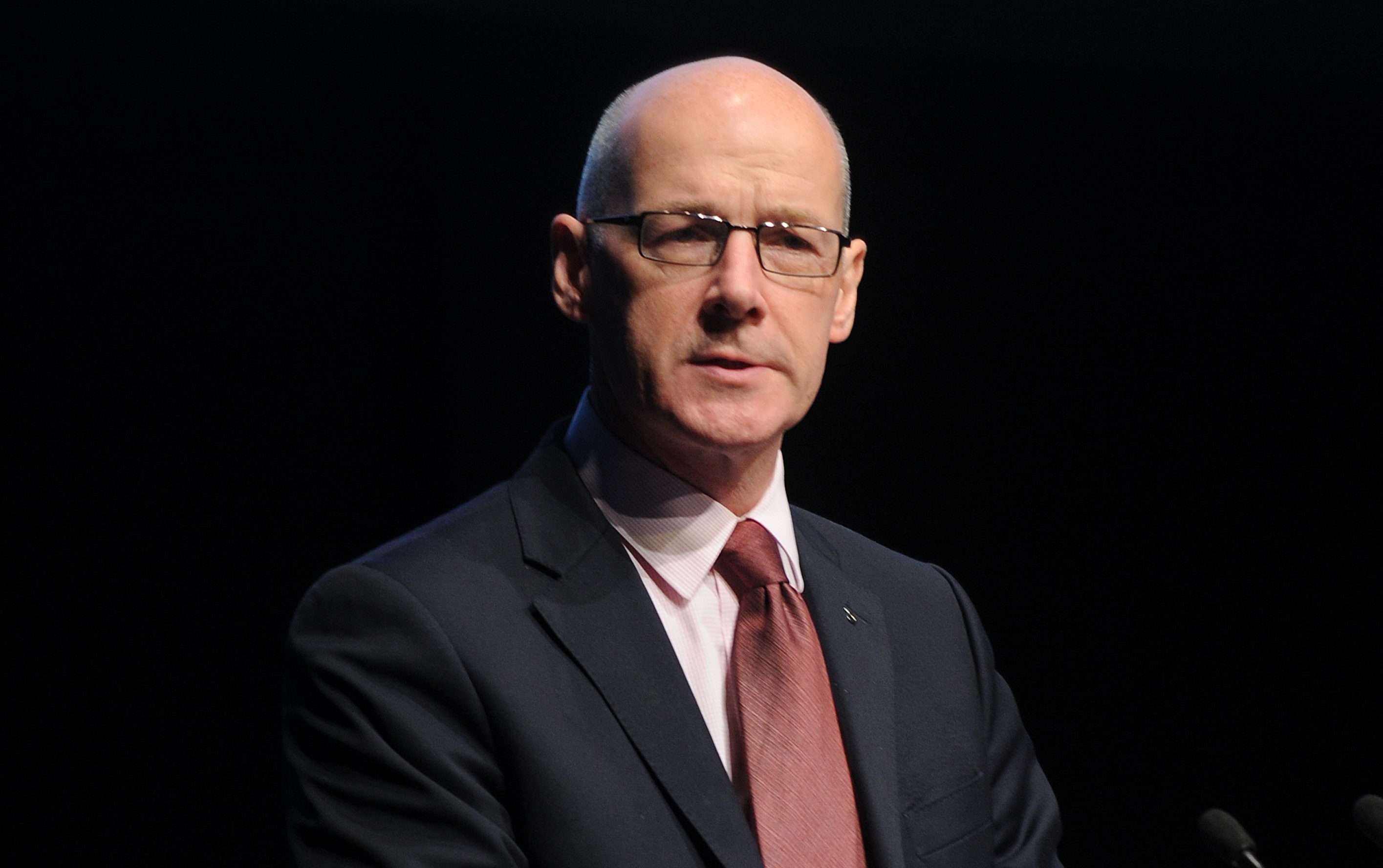The SNP’s changes to its Named Person scheme fail to resolve major flaws identified by the Supreme Court, according to legal experts, health boards and children’s charities.
NHS Fife said guidance on the sharing of information about a child is “not clear enough” as it warned of the danger to public health if trust in health services is “eroded”.
The children’s services department relayed their fears in written evidence to MSPs, who are scrutinising the Scottish Government’s controversial plans to assign every child with a Named Person, such as a teacher or health visitor, to look out for their welfare.
The Supreme Court said last year the aims of the Named Person scheme are “unquestionably legitimate and benign”.
But the court added the bill allowed for confidential information about a young person to be passed between public authorities in a way that does not comply with Article 8 of the European Convention on Human Rights, the right to private and family life.
Elaine Sutherland, professor of child and family law at Stirling University, said the lack of clarity for professionals and lack of safeguards for children and families over information-sharing were the main problems identified by the Supreme Court.
She added: “Regrettably, the Children and Young People (Information Sharing) (Scotland) Bill does not address either concern adequately.”
Tom Guthrie, professor of private law at Glasgow University, said the draft guidance needs “significant improvement” if the scheme is to comply with Article 8.
A group of charities – including Barnardo’s and NSPCC in Scotland – warned that Named Person guidance on information sharing “must provide clarity to professionals, but fail to do so in this current form”.
Under the scheme, professionals must share information about a child’s wellbeing with the consent of members of the family.
Only when those concerns reach a certain threshold of severity can they be shared without consent.
Lynne Garvey, NHS Fife’s senior manager of children’s services, said while the Named Person scheme is a “positive development”, the “guidance is currently not clear enough in this regard”.
She added: “It would be detrimental to public health if trust in services were eroded by concern about information sharing without consent.”
The Named Person was due to go live a year ago, but was pushed back following the Supreme Court judgement.
A Scottish Government spokeswoman said they are confident the bill “fully addresses the issues raised by the UK Supreme Court”.
“It will bring consistency, clarity and coherence to the sharing of information about children’s and young people’s wellbeing across Scotland,” she said.
“The bill will be subject to scrutiny and approval by the Scottish Parliament and we will continue to listen to views of stakeholders and the Parliament through this process.”
Information will “normally be shared by consent”, but may be done without consent if necessary to detect crime and protect the health and safety of a child, the government says.
Dr Stuart Waiton, an Abertay University sociologist, said social workers and other professionals are increasingly being trained to be “happiness monitors”.
“They risk becoming people who parents stop trusting or even confiding in because of this new more potentially intrusive role,” he said.
“Politicians need to be more honest about this aspect of the Named Person – it is not just a ‘service that parents have asked for’ – it is a new and more all-encompassing basis for state intervention into the family.”










